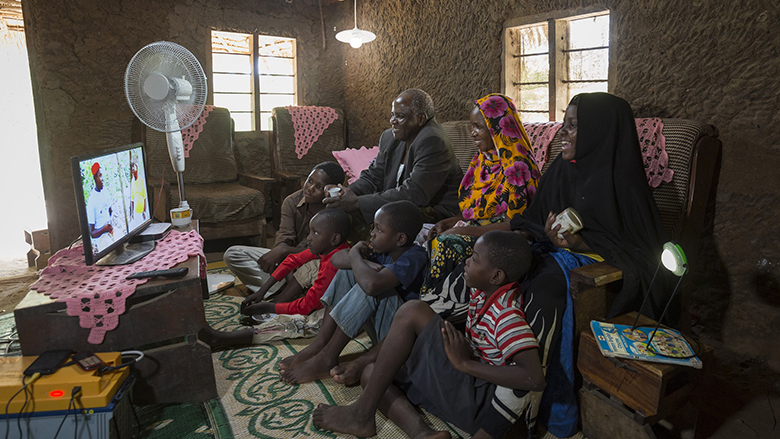Electrification is a transformative force in today’s energy industry, offering unparalleled opportunities for growth and sustainability, particularly in developing countries. By shifting from traditional energy systems to modern electrical solutions, nations can address pressing challenges like energy access, environmental sustainability, and economic growth.
Incorporating electrification in developing countries involves deploying advanced electrical equipment and integrating renewable energy sources. This transition not only minimises environmental impact but also paves the way for enhanced productivity, improved living standards, and greater connectivity.
Enhancing Energy Access
For many developing countries, access to reliable and affordable energy remains a significant challenge. Electrification can bridge this gap by employing decentralised electrical systems, such as microgrids and solar-powered devices, to provide power to remote and underserved communities. By incorporating renewable energy technologies, these systems can be deployed cost-effectively while reducing dependency on fossil fuels.
Electrification also plays a vital role in improving the availability of essential services. Electrically powered equipment ensures better healthcare delivery through reliable medical devices, supports educational initiatives by enabling digital classrooms, and powers small businesses, fostering local economic growth.
Supporting Economic Development
Electrification opens new avenues for economic growth by modernising industries and enabling them to operate more efficiently. With the deployment of electrical instruments and machinery, industries in developing countries can improve productivity, reduce operational costs, and enhance competitiveness in global markets.
The agricultural sector, for instance, can benefit significantly from electrification. Electrically powered irrigation systems, storage facilities, and processing equipment can help farmers increase yields and minimise post-harvest losses. Similarly, electrified transport systems, such as electric buses and vehicles, contribute to economic development by reducing fuel costs and improving connectivity between urban and rural areas.
Furthermore, electrification creates opportunities for job creation and skill development. As nations invest in electrical infrastructure and technologies, the demand for skilled technicians, engineers, and support services increases, fostering an exceptional local workforce.
Promoting Environmental Sustainability
Electrification is a critical component in the fight against climate change, particularly for developing countries looking to balance growth with sustainability. By employing electrical systems powered by renewable energy, nations can significantly reduce greenhouse gas emissions and achieve environmental targets.
The use of clean energy in electrification projects also reduces pollution and improves public health. Electrically powered cooking devices, for example, offer a safer and more environmentally friendly alternative to traditional biomass fuels, which contribute to deforestation and respiratory issues.
Additionally, electrification supports sustainable urban development. By incorporating smart electrical devices and energy-efficient technologies in city planning, developing nations can reduce energy consumption, minimise waste, and create greener, more resilient communities.
Leveraging Technological Innovation
Electrification is driving technological advancements that can revolutionise various sectors in developing countries. Smart grids, energy storage systems, and IoT-enabled electrical devices enhance energy efficiency, reliability, and accessibility. These innovations enable real-time monitoring and management of energy systems, optimising resource utilisation and reducing costs.
For instance, integrating electrical technologies with renewable energy sources facilitates the development of hybrid systems that ensure continuous power supply even in areas with intermittent electricity access. Electrification thus empowers developing nations to leapfrog traditional energy systems and adopt state-of-the-art solutions that align with global best practices.
Unlocking a Sustainable Future
Electrification holds immense promise for developing countries, offering a pathway to sustainable growth, enhanced quality of life, and environmental conservation. By deploying advanced electrical devices, integrating renewable energy, and fostering innovation, electrification can transform how nations generate, distribute, and consume energy.
Collaboration with reputable energy brands is crucial as they provide the expertise and solutions needed to harness the full potential of electrification. Together, these partnerships can empower developing nations to overcome challenges and create a brighter, more sustainable future.






